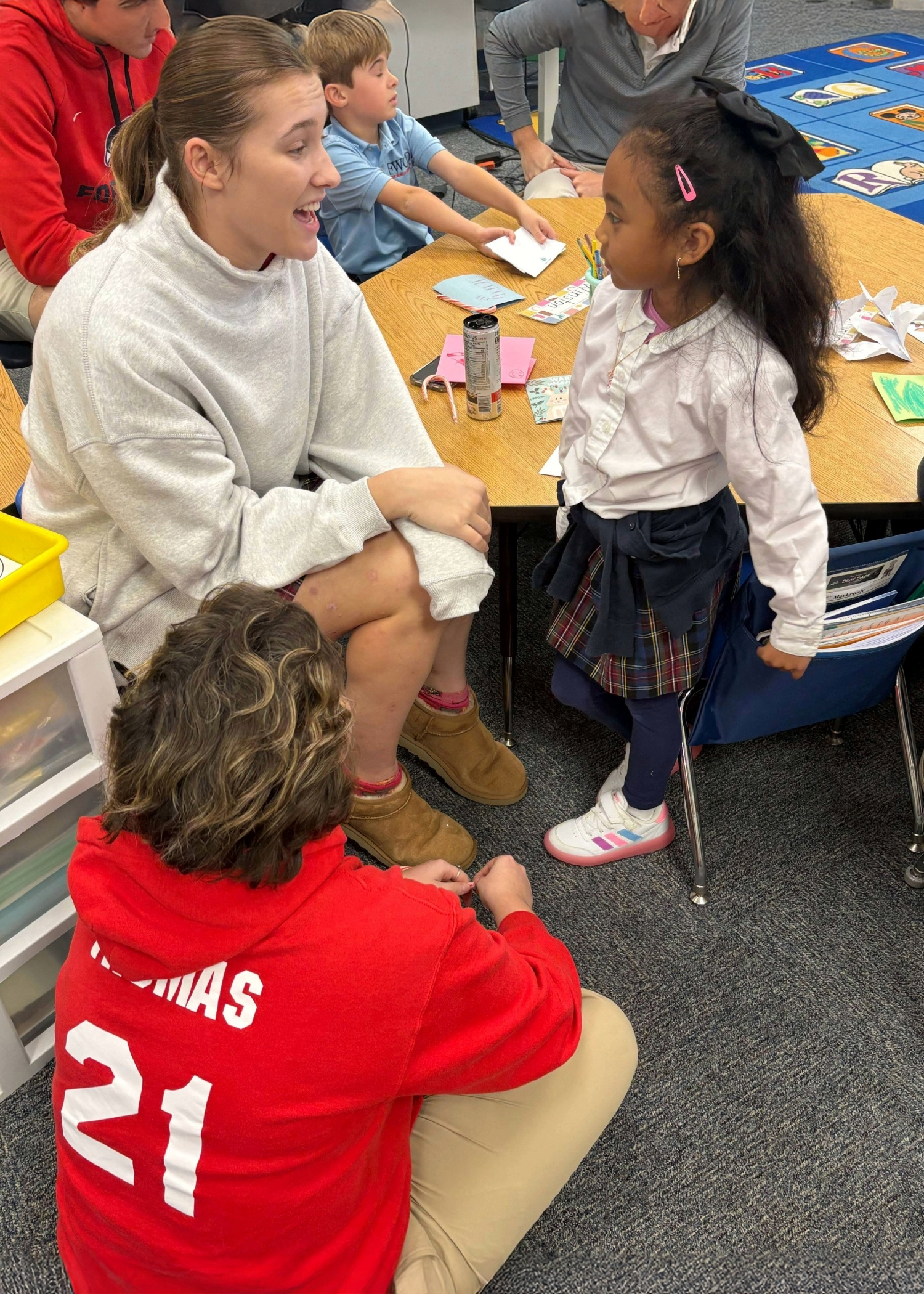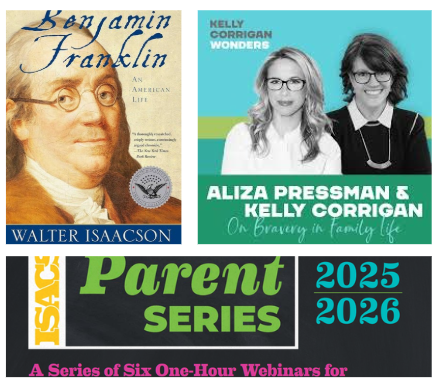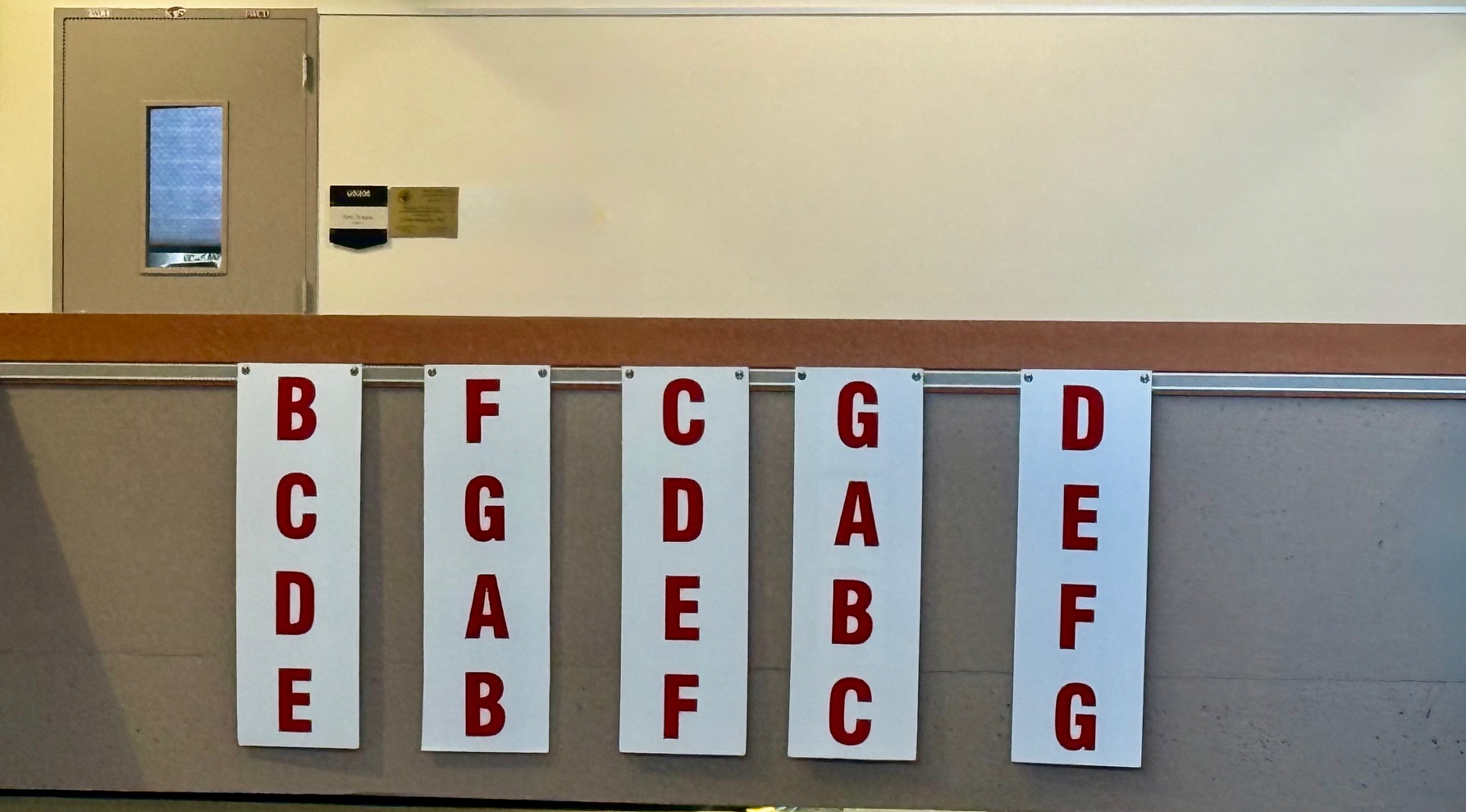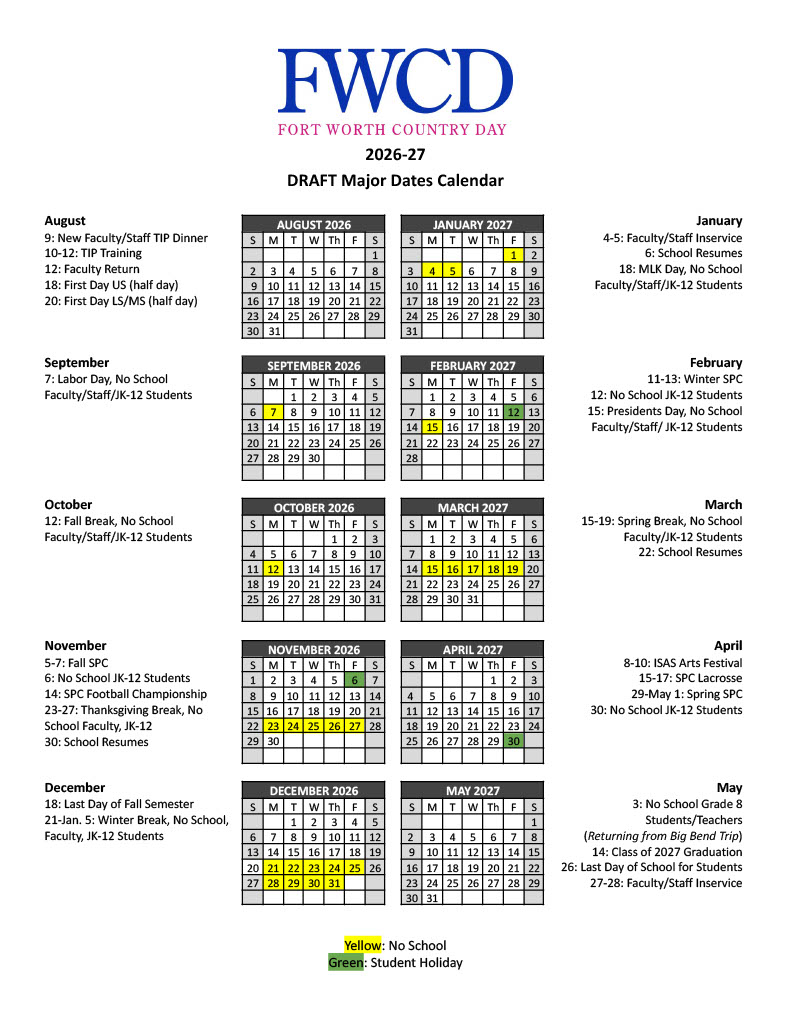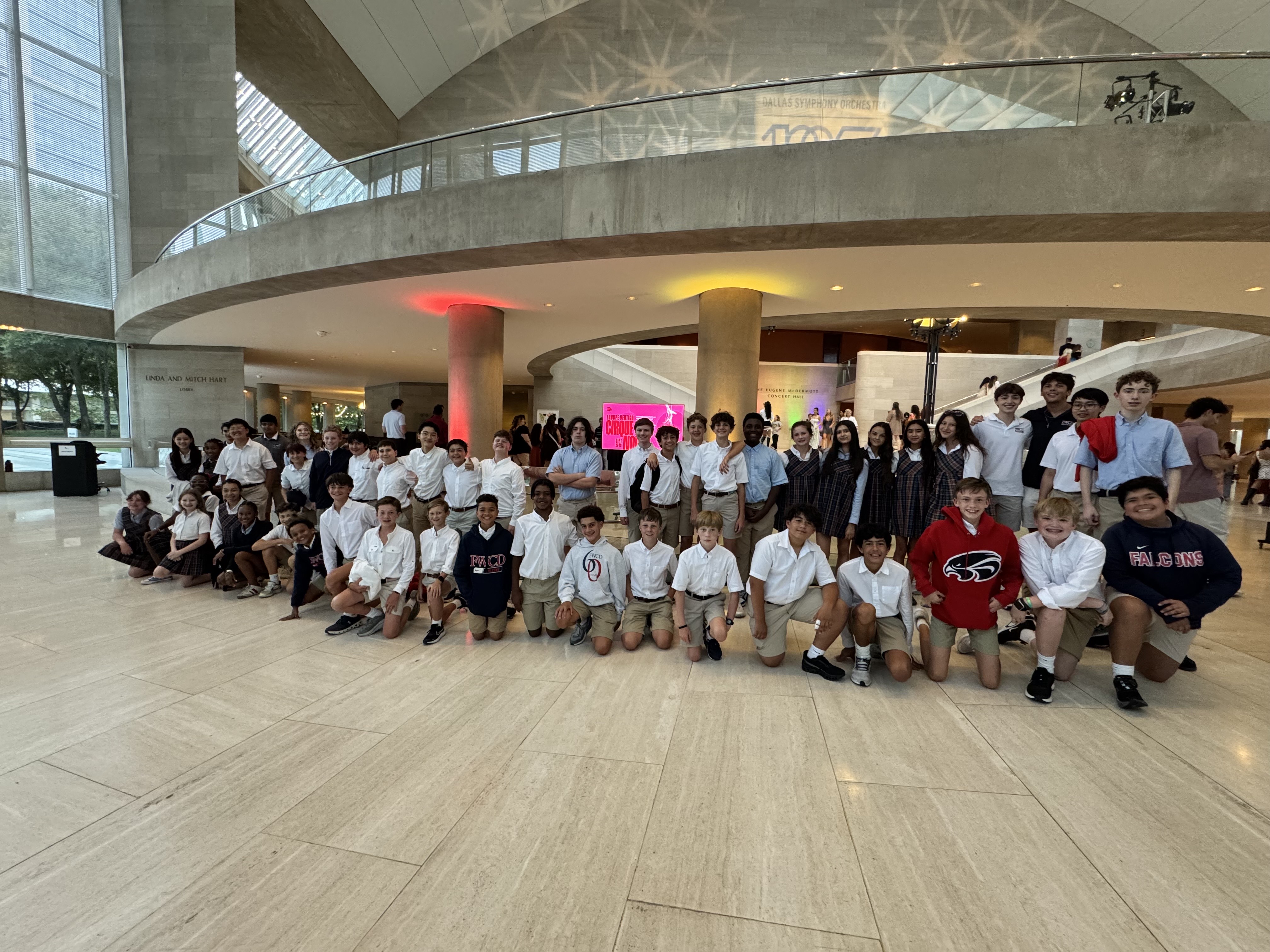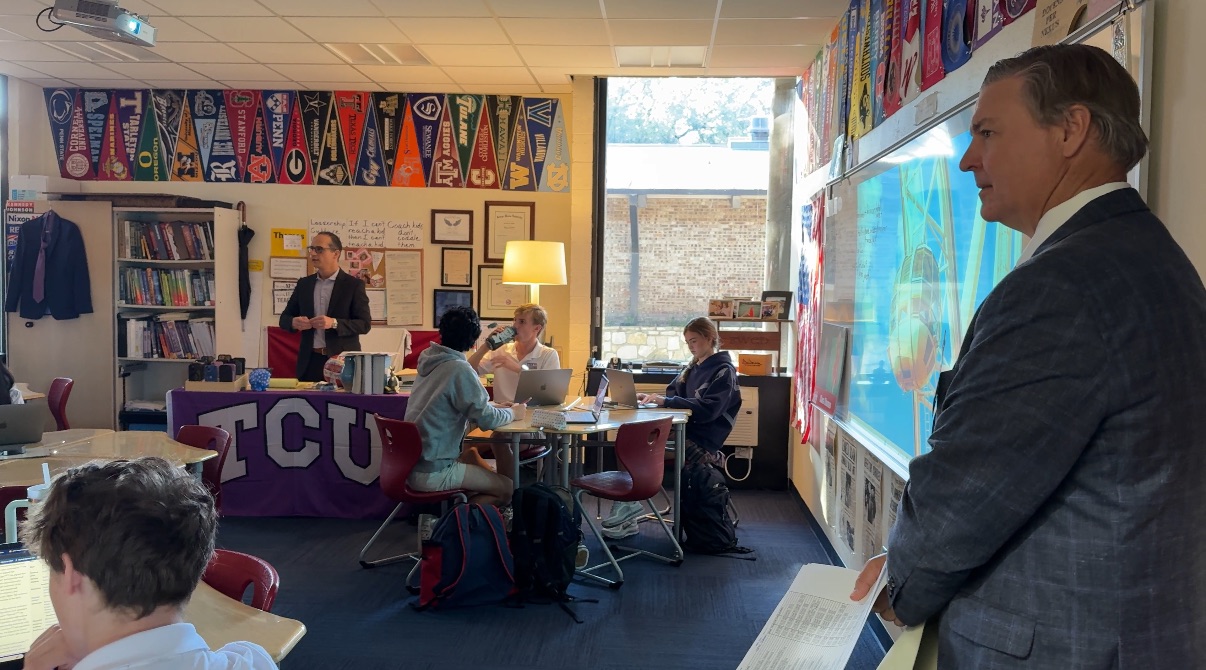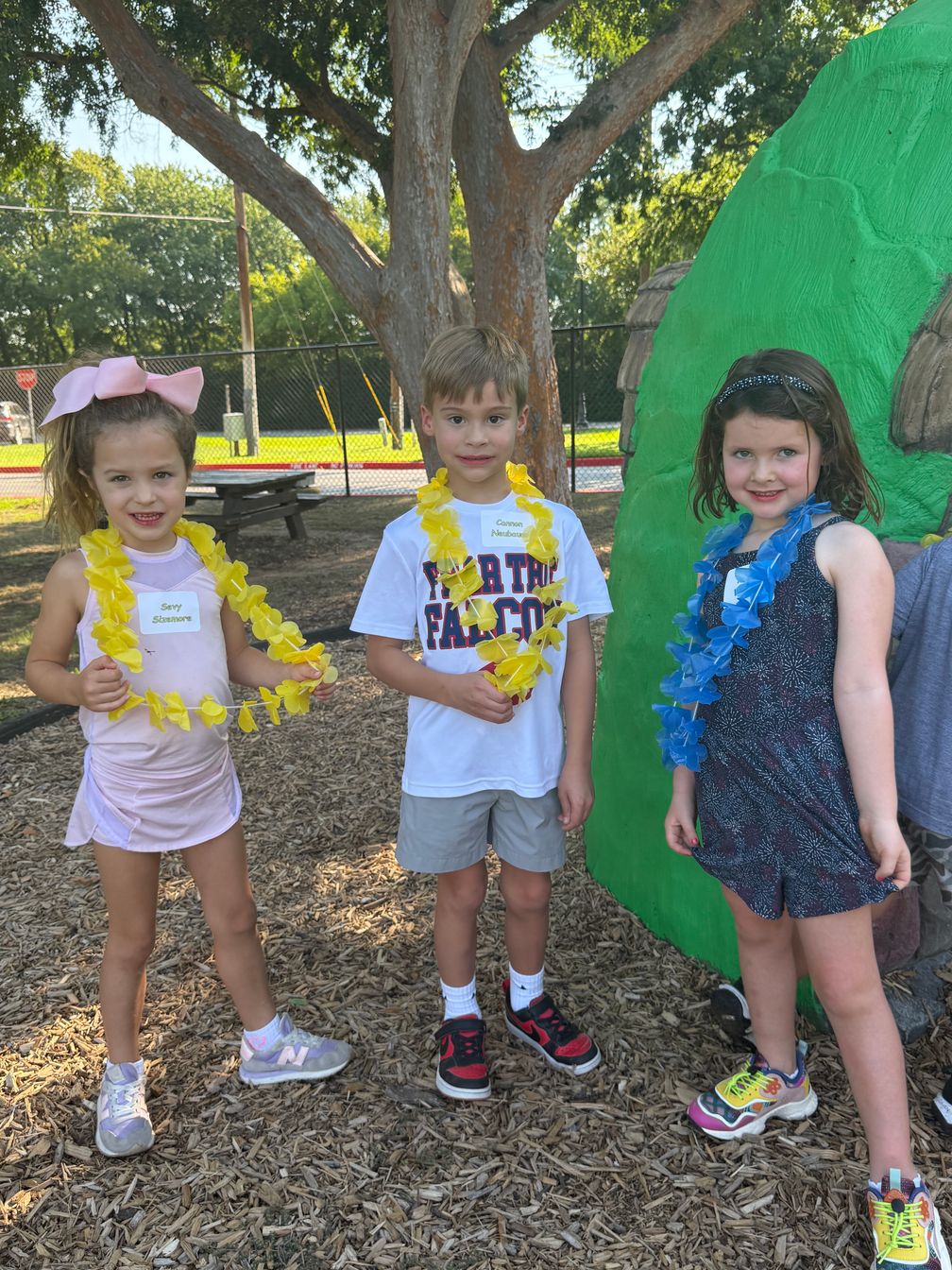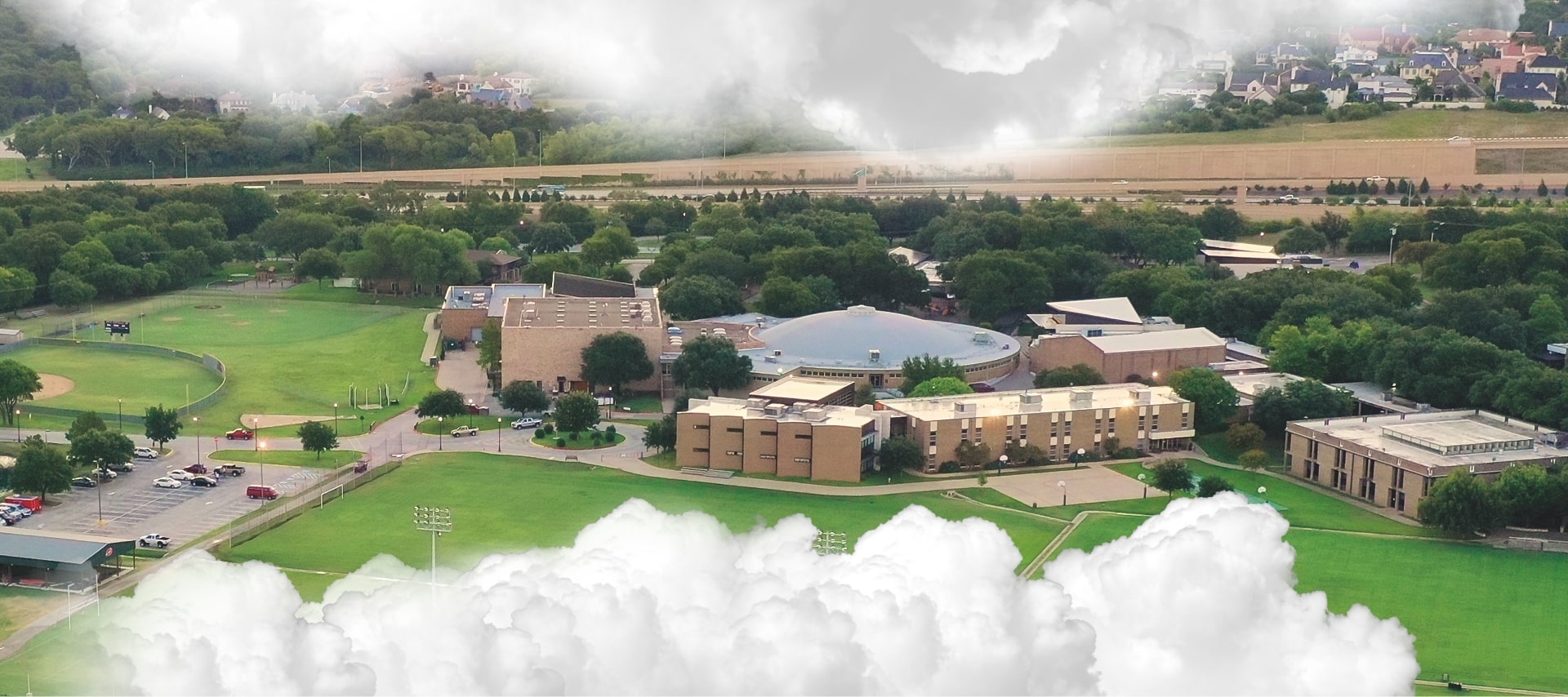Seen Read Heard: February 2023
The Teenager Leading the Smartphone Liberation Movement: A Podcast
Logan Lane is the teenager Lulu Garcia-Navarro, The New York Times podcast host, interviews in this “opinion” piece. Lane discusses her decision to cut herself off from social media, mostly by moving from a smartphone to a flip phone as a young teenager. She gathers some like-minded souls at her high school, calling themselves The Luddites.
Personally, I think the idea is inspired: Our students, your children, have much better things to do than scroll, “like” and post. More importantly, too many of our students experience powerfully negative effects of addiction or near addiction to social media. As Lane says, most parental rules that apply to smartphones are pretty easy for kids to circumvent. The best remedy is for kids to inspire their peers to separate themselves from their devices and to share the joys that result. This podcast might be good for a parent to cue up on a carpool drive for a seemingly serendipitous listening with your child.
The Bill of Obligations by Richard Haass
An advisor on foreign affairs in both Republican and Democratic White Houses, Richard Haass calls himself “not particularly partisan.” (xiii) An author of many books on foreign affairs, his 2023 book is entirely about domestic affairs. Haass was alarmed by the events of January 6, 2021. He addresses his concerns with two separate parts to the book: Part One, “The Crisis of Our Rights-Based Democracy,” and Part Two, an update to the Bill of Rights that he calls the “Bill of Obligations”: 10 obligations he created that he thinks, if all of us could meet them, we could assure we stay on a path to sustained democracy.
In making a case for his claim that American democracy is in peril, Haass identifies causes, including social media and news sources: “We have moved from broadcasting to narrowcasting” in large part because of “antisocial media.” (32) He concludes Part One with the assertion, “American democracy will work and reform will prove possible only if obligations join rights at center stage.” (35)
Part Two has short chapters explaining each of his suggested “obligations.”
Obligation I: Be Informed
Obligation II Get Involved
Obligation III: Stay Open to Compromise
Obligation IV: Remain Civil
Obligation V: Reject Violence
Obligation VI: Value Norms
Obligation VII: Promote the Common Good
Obligation VIII: Respect Government Service
Obligation IX: Support the Teaching of Civics
Obligation X: Put Country First
I will ask our civics teachers to read Chapter IX on that obligation. I will also be sharing the “Afterword” Haas wrote about the intriguing collection of sources he thinks we should all read to have the deepest appreciation of our democracy.
In his optimism about the great chances he thinks we still have to absolutely sustain our democracy, Haass puts his support behind a project I have been drawn to for years now: the notion of a universal year of service for 18-year-olds. In Haass’s words, a year of service would be “[A] common experience [that] would help us break down some of the barricades that have arisen owing to geography, class, race, religion, education, language and more.” (127) A second reason he lists in support of universal service is that “it would expose young people to government, breaking down the perception of government as alien from the people.” (128)
Whether you agree with his assessments and assertions or not, Haass has written a book worth reading. He is not expecting agreement, but he is hoping to generate engaged and civil discourse among enough U.S. citizens to, in his perspective, make a difference.
Imaginable: How to see the future and feel ready for anything-even things that seem impossible today by Jane McGonigal
FWCD's Board of Trustees launched an important community thinking project back in August. The project is to do a deep dive into the future of Fort Worth Country Day. Much of what we read, and much of what the facilitator of those conversations has counseled, says our thinking about the “future” should focus on 10 years from now: What will FWCD students and faculty, staff and parents need in order to thrive as a JK-12 community and in order for our graduates to go forth in 2033 and beyond into the world as productive contributors who are meeting and exceeding their potential for whatever life and/or profession they pursue.
A practitioner of scenario work on possible future experiences and challenges, McGonigal makes her case for the importance of a certain approach to exploring possible futures, as well as for leading yourself and your organization toward a best-possible future. Mostly what she demonstrates is the use of scenario-planning exercises of various sorts, all one-offs that go into great detail, each with a goal of enabling other organizations, like us, to consider the future we want to create for ourselves as a school and for our students as graduates.
Among her more provocative lines, consider these:
“... [W]e now have the first generation of young people who can realistically expect to have the opportunity to live on another planet.” (74) With that knowledge, McGonigal suggests we talk to our older (adult) children about whether they would ever see themselves volunteering for such a mission.
Regarding “living on another planet” and other prospects, McGonigal quotes Dator’s Law:
“Any useful statement about the future should at first seem ridiculous.”



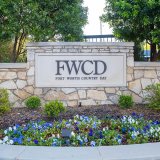
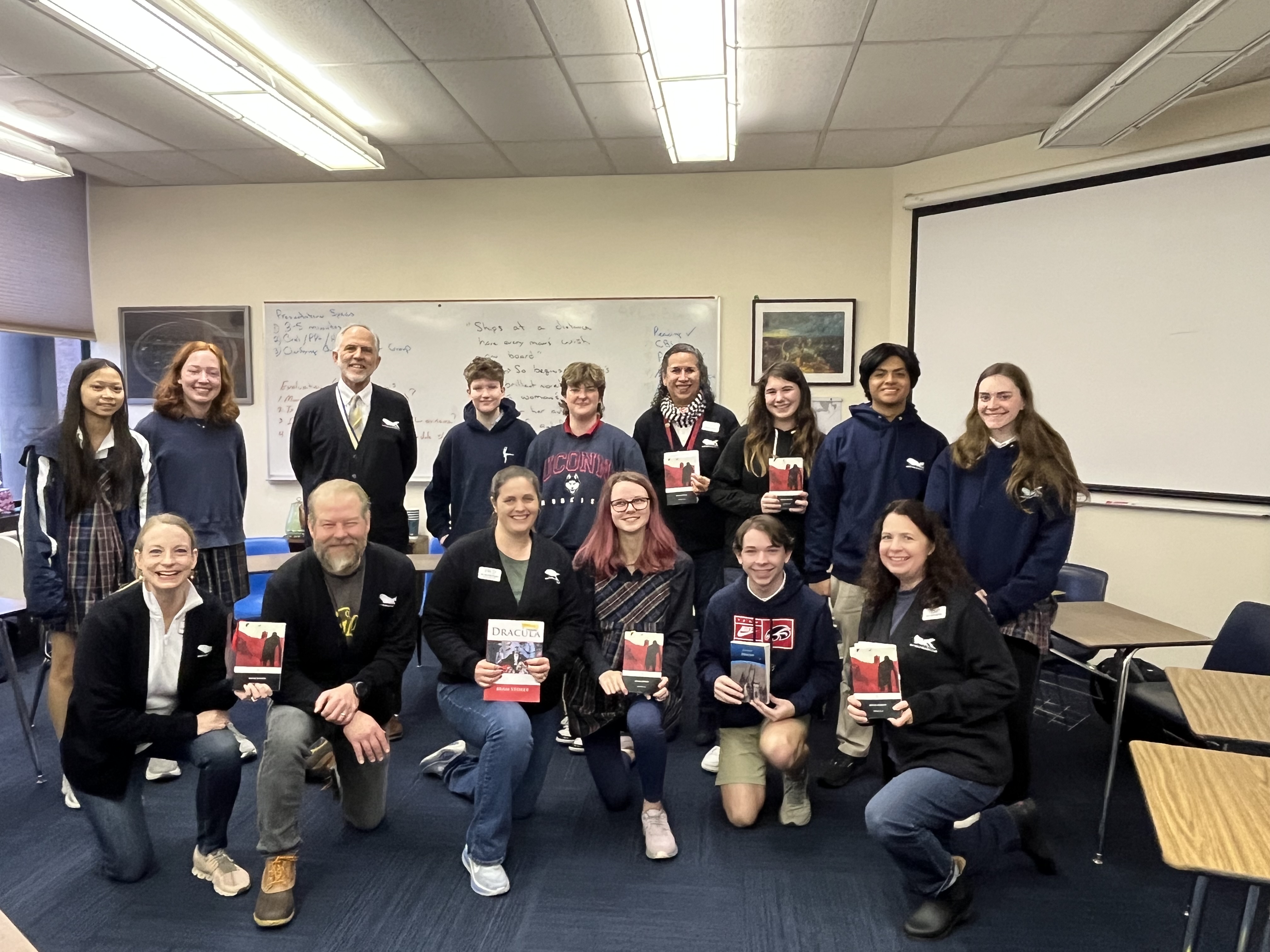
.jpg)



